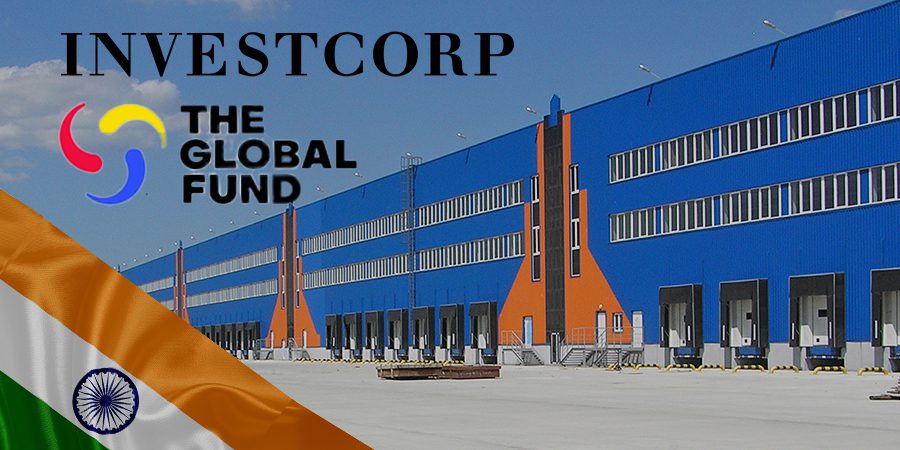Subscribe
"Unlock exclusive insights and elevate your financial wisdom with NetWorth.com — subscribe now to stay ahead in the wealth game!"

In this article, we’ll look at the reasons behind the growing international interest in India’s warehousing sector, fueled by the nation’s thriving e-commerce industry and manufacturing ambitions.
Key Takeaways:
Bahrain’s Investcorp and other global funds are significantly increasing their investments in Indian warehouses, anticipating robust demand for logistics.
Bahrain-based Investcorp plans to boost the warehouse share of its $350 million Indian real estate portfolio, according to Ritesh Vohra, the firm’s real estate head in the nation.
Last year, Investcorp deployed $55 million to back Chennai-based developer NDR Warehousing, expanding NDR’s warehousing space from 9 million to 14 million square feet.
Investcorp is not alone in its interest in Indian warehousing.
The sector is attracting a significant influx of global capital, driven by the government’s push to turn India into a manufacturing hub and the steady rise in online shopping on platforms like Walmart’s Flipkart and Amazon.com.
For instance, US-based Panattoni Development plans to invest $200 million in four logistics parks in India.
India’s growing logistics demand is partially due to the China-plus-one strategy, wherein companies worldwide diversify their supply chains away from China amid geopolitical concerns.
This shift aligns with Prime Minister Narendra Modi’s ambitious plan to transform India into a manufacturing export hub for products ranging from mobile phones to defense equipment.
Companies such as Apple Inc. and Samsung Electronics Co. have already increased production in the country.
The rapid growth of e-commerce in India, one of the world’s fastest-growing markets, has also significantly contributed to the demand for logistics space.
Companies are investing in warehouses to speed up delivery times and enhance customer satisfaction.
For example, Blackstone Inc. is constructing a custom warehouse for Amazon in New Delhi.
Despite the potential, global investors face challenges in tapping into India’s burgeoning demand for logistics space.
International-quality warehousing is in short supply, and complex land laws can present legal hurdles.
Private equity funds are not allowed to purchase land directly, necessitating the use of intermediaries to transfer development rights.
Nevertheless, Indian companies are heavily investing in logistics space. Beauty firm Nykaa emphasizes the importance of having warehouses within a 200- to 300-kilometer radius of its clients.
Similarly, third-party logistics firm Shiprocket plans to double its warehousing space by the end of the year, highlighting the significant demand for space in the industry.
As global funds like Investcorp and Panattoni Development bet on India’s warehousing sector, the country’s manufacturing and e-commerce industries are poised for even more growth.
Despite the challenges investors face, the potential for returns in this thriving market remains strong.
As India continues to develop as a manufacturing hub and e-commerce powerhouse, the demand for warehousing and logistics space is only expected to increase.